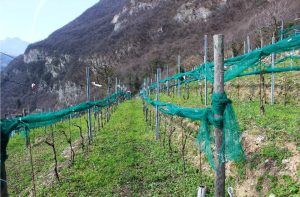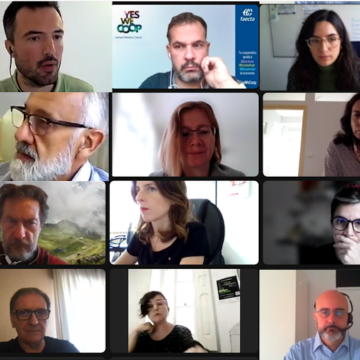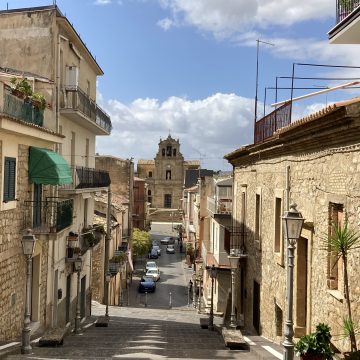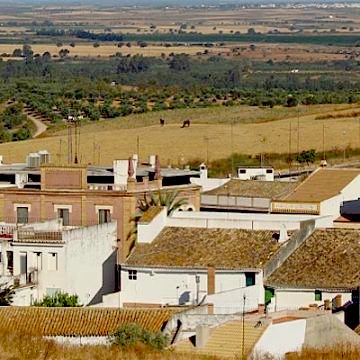Recovery of abandoned lands and social integration at the heart of the Malegno Local Action Plan
 The GRAPE project, which involved ten international actors and about ten at the local level, including local social cooperatives and stakeholders in the Camonica Valley, formally ended within the end of October.
The GRAPE project, which involved ten international actors and about ten at the local level, including local social cooperatives and stakeholders in the Camonica Valley, formally ended within the end of October.
GRAPE aimed to test the shared construction of local plans for the green, social and digital transitions in four small and marginalized territories, involving both social economy actors and local public authorities.
Indeed, effective resilience to climate, social, and economic crises is inherently local. There are about 121.000 small municipalities in the European Union (EUROSTAT, LAU2), often located in disadvantaged areas, with limited financial resources and reduced administrative capacities, far from the mainstream public development policies.
In those areas, social and solidarity economy (SSE) actors often play a key role by creating and managing economic and social activities and services and contributing so to territorial resilience.
The central points
In Valle Camonica, a hot topic has been both the recovery of abandoned lands and the integration of disadvantage’s people into the social context, embracing two characteristic issues of the work of the social cooperatives of the Sol.Co.Camunia Consortium.
The idea of reusing land that was once already in agricultural use is particularly interesting in that it makes it possible to achieve several goals:
- The enhancement of the soil, both from an agricultural and anthropic point of view, which would otherwise face uncontrolled reforestation (Green Value);
- The possibility of creating a supportive activity for users of social cooperatives in cooperation with part of the local population and public administrations (Social Value);
- The creation of additional economic value for the cooperatives’ social activities and, more generally, for the entire local community (Economic Value).
If all these potentials find (often) a way to coordinate, it’s mainly thanks to the will and intelligence of social actors, whether organized in structured forms such as Social Cooperatives and their Consortia, or organized in more or less structured forms of associations.
Concretely, a number of social cooperatives have been involved in Valle Camonica, both type A (which provide care services towards disabled and/or elderly people) and type B (which have as main purpose the labor integration of people who do not find a place in the official job market), all (except one) are members of the Sol.Co Camunia Consortium. At the level of associations, among others, the Biodistretto Association, a GRAPE local stakeholder dealing with the promotion of organic products produced in Valle Camonica, and the Legambiente Vallecamonica association, which, present at the national level, also locally deals with ecology and environmental protection.
A very positive moment, in addition to the missions that allowed partners to directly exchange their local experiences, was the Final Conference where over fifty people discussed GRAPE‘s themes.
Finally, on the basis of the actions and relationships developed within the project framework, private partners signed business partnerships with a view to possible new projects on parallel and/or complementary themes, giving a sense of the continuity of the action undertaken, on themes that GRAPE allowed to begin to address and thus (potentially) will also allow to continue to develop.
This document reflects the views only of the Author and the GRAPE Consortium. The Commission cannot be held responsible for any use wich may be made of the information contained therein.








